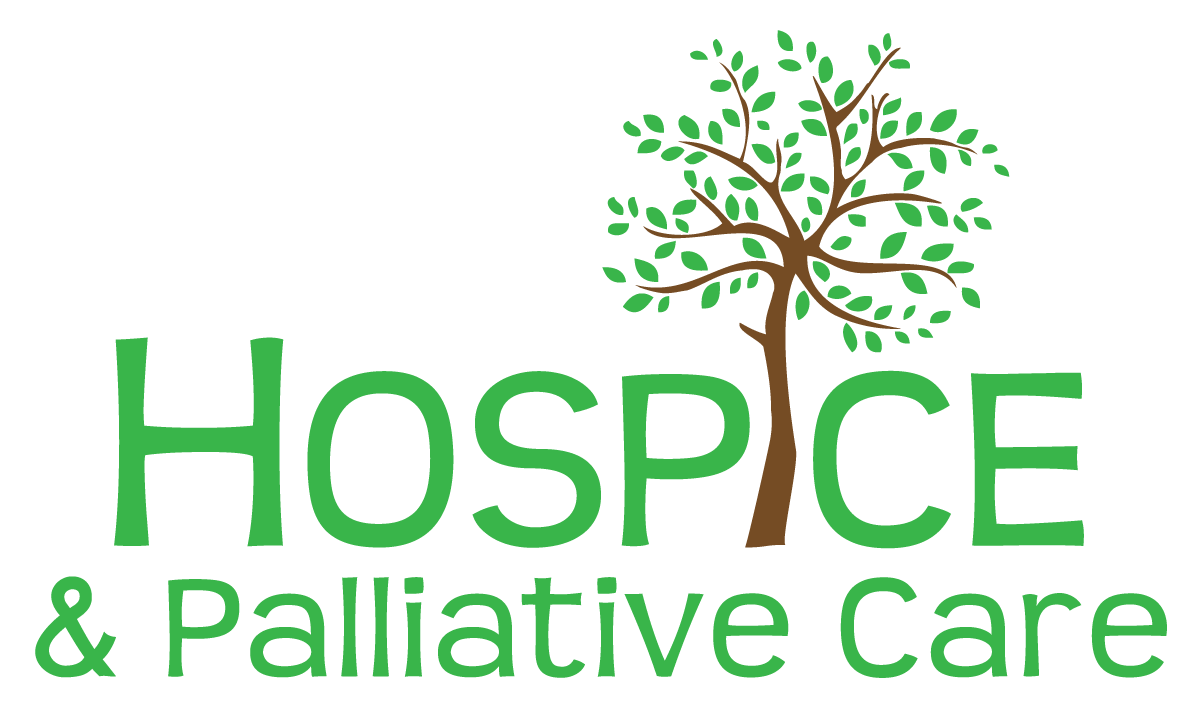

Anger & Grief
There are many emotions that come with the death of a loved one - sadness, regret, loneliness, fear, anxiety, emptiness, gratitude, and anger. For many people the anger doesn't seem right or acceptable, yet it is one of the normal and common reactions to loss.
Changes In Family Relationships Following Death
When a family member dies, relationships change within the family. There is someone missing, an empty chair at the table, a role unfilled, future plans forever altered. When the person who died is a parent leaving a spouse and adult children, often the attention in the family turns to the remaining parent. Adult children may worry about the remaining parent, who is all the more precious because of the death.
Changes in Social Circles Following a Death
People are often puzzled by the support or lack of support they get from others following a death. "I thought she would be there for me but she hasn't reached out once," or, "I hardly know him but he has been there for me at times when I was overwhelmed and needed a shoulder to lean on."
Guilt
When someone you love dies, grief often includes feelings of guilt. "I should have...
I could have...I would have...Why didn't I...? Why didn't he...?", are normal and common questions bereaved people ask themselves. Often these questions stick in the mind and play over and over. There is the guilt about things you wish you had done, things you wish you had not done, things you wish you had said, things you wish you had not said.
Ways to Support Someone who is Grieving
Recognize that it can be hard to make decisions and that the bereaved may change his or her mind about schedules or activities. Accept the need for flexibility and last-minute changes in plans.
Allow for the expression of emotions. Listen, listen, listen. Be present. It may be important for the person to tell the story of the relationship, the illness and the death, and to do this more than once. Emotions are varied and complex in grief. Allowing someone to voice their anger, sadness, regret, guilt, fear, and emptiness - along with their good memories of the deceased - is a way to help them.
Patterns of Grief in Women and Men
There are common patterns in the ways in which men and women each experience and express grief.
Each person is an individual and not everyone fits these patterns. However, it is helpful to understand typical patterns when seeing how family members and friends respond to the death of a loved one.
Everyone grieves at his or her own pace, intensity, style, and rhythm. Difficulties can arise when other family members and friends do not react and cope in the same way and this can result in assumptions, misunderstandings, and tension.
When to Seek Professional Help with Grief
Individual bereavement counseling provides one-on-one support, education, and professional help with coping mechanisms. Group counseling offers the benefit of support from others going through similar grief processes.
Some Facts of Life After a Death
Don't Tell Me...
Someone I Love Just Died, So...
Grieving the Difficult Relationship
Most grief books help you mourn the loss of a loved one, how to cope with yearning, how to adapt to the emptiness...
I Had My Own Notion of Grief
An Affirmation for Those Who Have Lost
Understanding Grief
Grief, with its many ups and downs, lasts far longer than society in general recognizes. Be patient with yourself.
Grieving What You Can Do
Grief - A Normal and Natural Response to Loss
Starting in childhood, many people have been taught to face life's crises with a "stiff upper lip", to "bear up and be "strong"
Pay Attention to Yourself
Take a few moments to pay attention to what you are feeling and what you need. Feelings are demanding; if we let them out, they are acknowledge and often go away.
Falling Apart
Person Asks Online for Advice on How to Deal With Grief
This is one man's reply:
Signs of Healing Grief
A much-asked question by those who are grieving is, "When will my grief end?"
Fear, Resilience and Things We Cannot Change
I Never Thought Grief Could Teach Me So Much
Finding Balance in Grief
I am worried about my mother. Ever since Dad died, she hardly ever seems to go out anymore.
The Myth of Closure
Grievers often ask, "When will I begin to feel better? When will I return to normal? When will I achieve some closure?"
Take Your Moment
Take your moment to mourn, but don't spend too much time.
